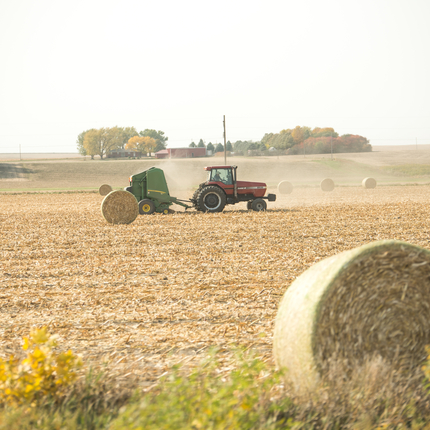Any farmer or rancher who is interested in conservation programs through the Natural Resources Conservation Service is required to have a farm number for the application process.
Farm numbers are issued for free and allow access to key U.S. Department of Agriculture programs including working lands conservation, farm loans, and others that require farm records to be shared as part of the application process. There is no minimum acreage requirement to register as a farm. Having a farm number also makes the farmer eligible to vote in county Farm Service Agency (FSA) elections and to serve on their local FSA county committee.
Unlike other ways to identify farmers, such as the Schedule F tax form, farm numbers stay with the land, not the farmer. Farmers who buy or rent land that already has a number do not need to register for one, but the landowner may need to update boundaries and acreage figures. Ask your landowner whether the land has a farm number.
To register for a farm number, set up an appointment at the FSA office, and take along the following documents:
- Proof of identity: driver’s license or Social Security number/card.
- Proof of ownership: a copy of the recorded deed or rental agreement as evidence of land ownership or control. Farmers and ranchers do not need to own property to participate in FSA programs.
- Entity identification and status: This is only applicable for those who may have partnership agreements, trust, and estate documents, or articles of cooperation.
- Financial and production records: these are particularly important if you apply for a farm ownership or operating loan.
FSA will then enroll the farm or ranch in the FSA database, which involves creating a map that outlines the boundaries with acreage figures. Be prepared to spend 30 minutes to an hour on this process.





